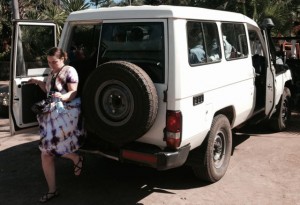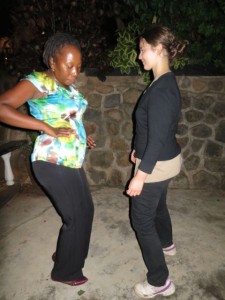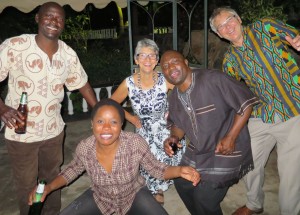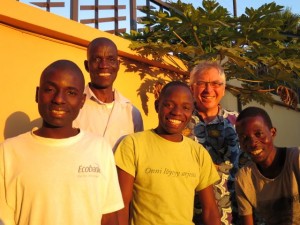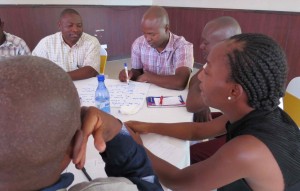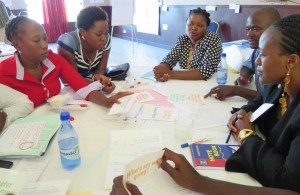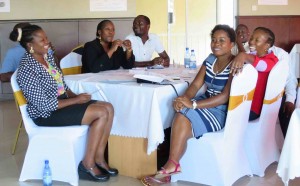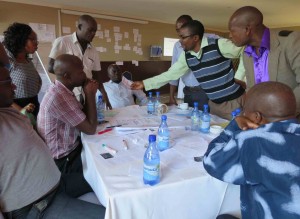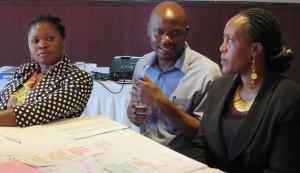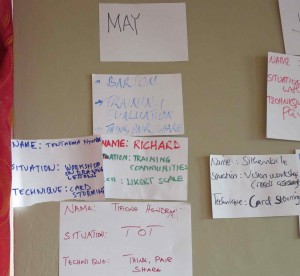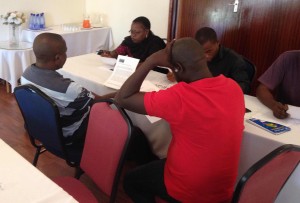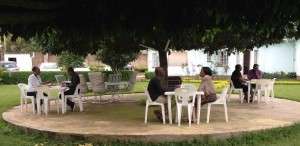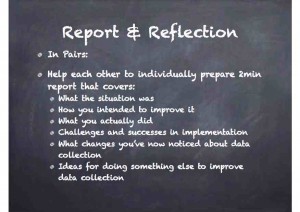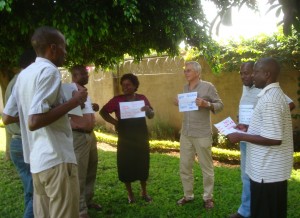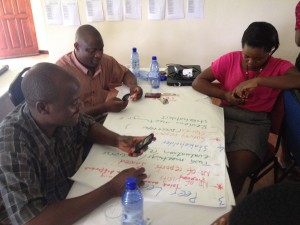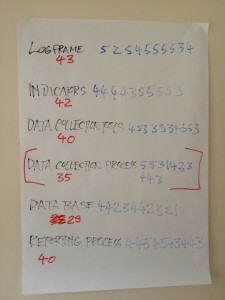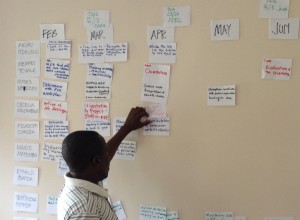Two weeks after leaving Malawi has allowed a bit of time to overcome the culture shock of returning to Geelong and space for reflection .
The good parts: There were many! The people, the climate, the natural environment, the culture of engagement, the good humour, the resilience and resourcefulness of the Malawian people. There were many more but these will do as a start…
The challenges: There were many! The erratic infrastructure, the pollution, the limitations of bonding capital, the indescribable effects of internalised and institutionalised colonialism, the dysfunctional Government system, the ‘drama triangle’ played out between the Malawians and donors.
The disappointments. The major disappointment was to find that the roles of those involved in contemporary international development programs are far more aligned to those I experienced as an apprentice in an engineering works than the job titles themselves would suggest.
| Factory Terminology | Development Terminology` | Role |
| Client | Donor | Sets out the brief, provides the funds. |
| Design Engineer | Proposal writer | Designs the product to be implemented/constructed |
| Works Manager | Project Manager | Responsible for the day to day running of the project/order |
| Foreman | M&E specialist | Keeps track of day to day operations and performance |
| Craftsman | Trainer | Provider of specialist skills |
| Machine operator | Field facilitator | Output implementers |
| Labourer | Driver | General dogs body |
The joys; Being involved with the Malawian people was wonderful. I got immense satisfaction and enjoyment from designing and facilitating more than 23 workshops over the period, especially with establishing and running the five inaugural sessions of the M&E Technical Working Group.
Some of the wonderful feedback I got from the M&E Technical Working Group members were:
It has been an honor to know and work with you Martin, you are so easy to talk to when one has issues. I must really appreciate the way we interacted during your stay here. Let me assure you that I will strive to utilize the skills you shared and thanks again for that useful book and the start-up materials, that was so wonderful, may the good Lord give back abundantly- Rodrick
Thank you for the time we spent together here in Malawi and for the skills you have shared with us I really appreciate for this – Bonface
I will miss your pragmatic approach to issues and rare facilitation skills. We were empowered. Hope to work with you again. – Ronald
The contribution you made to our TWG is so great that you have left a mark. – Marie
Goodbyes are always sad but we still celebrate the time you have worked with CU and inTWG…You are the best mentor and that has brought the best out of us. We look forward to using your good facilitation skills in our workshops.- Cecelia
It was great working with you, and the skills you imparted on me will surely have a significant impact on my professional development.- Tenthema
Evaluation It was a really rewarding 18 months, and I need to say a big ‘Thankyou’ to all those in the organisations of Concern Universal Malawi and Australian Volunteers International for providing such an opportunity. I learned all kinds of things, had great times, experienced some (not too dangerous) challenges with adequate support and above all made some great connections with some wonderful people. We may have even made a slight bit of difference…. What more can one want!

